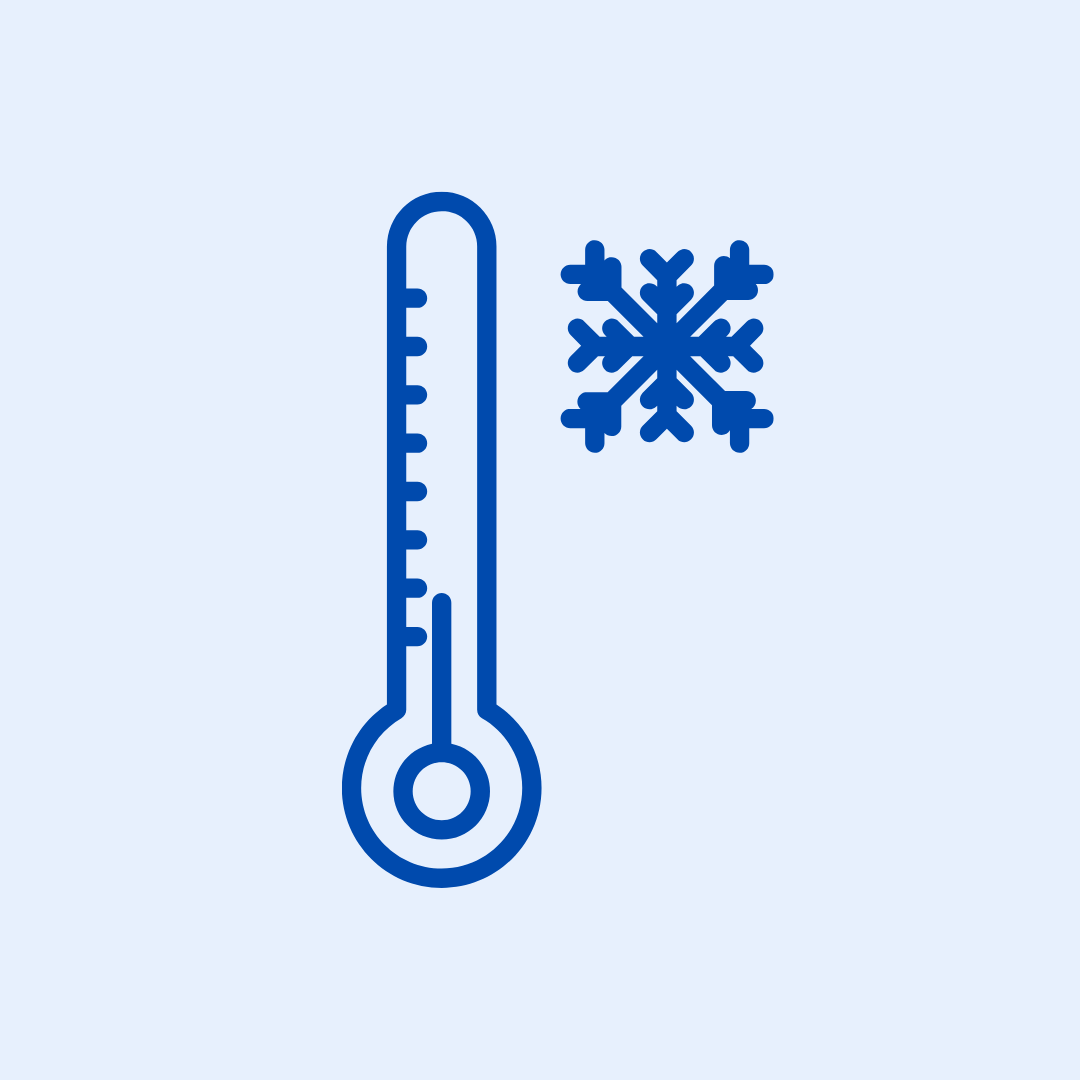Fertility Treatment and Differences in Dad IQs
The title of this week's study is “Fathers of children conceived using ART have higher cognitive ability scores than fathers of naturally conceived children.” With its many flaws, this study is a good example of why reading only a headline or a short blurb can be misleading.
Study Background
WHAT: Is there a difference in intelligence between fathers with children conceived with fertility treatments vs. fathers who naturally conceived? If yes, how does age impact intelligence?
WHERE: Norway
WHO: Norwegian men, born 1955-1977, who became fathers +/- reproductive assistance. N = 615, 987 men with cognitive test scores + 77,650 men without test scores (who were presumed to have the lowest score possible based on this 2018 study).
WHEN: 1984, when Norway first recorded births involving assisted reproductive technology (ART) to 2012, the last year when ART offspring data was completely available. N =12,756 births after in-vitro fertilization (IVF) + 5,810 births after intracytoplasmic sperm injection (ICSI ) + 1,048,138 births from natural conception (NC). In this study, all ART not noted as ICSI was thereby tallied as IVF.
HOW: Records found eligible fathers from the central population register, cognitive tests from the military conscription registry, and offspring information from the medical birth registry. The military’s cognitive tests were timed and involved math, word similarities, and images; the scores were converted into intelligence quotient (IQ) scores. Ordinary Least Squares regression was the main statistical equation used.
Results
Average IQ for fathers from IVF = 102.9
Average IQ for fathers from ICSI = 103.0
Average IQ for fathers from NC: 100.9
Cognitive scores available for 91% of fathers
Results based on age in graph below
Per the study graph, ART fathers in their early 30s tend to have slightly lower cognitive ability than the NC fathers of the same age, whereas older ART fathers have higher cognitive ability than same-aged NC fathers. ART = assisted reproductive technology, NC = natural conception, IVF = in vitro fertilization, ICSI = intracytoplasmic sperm injection
Authors’ Thoughts
Based on age, there are clear differences in intelligence between ART fathers and NC fathers
Cognitive ability older ART fathers > older NC fathers
Cognitive ability younger ART fathers < younger ART fathers
Differences might be due to lower fertility in lower intelligence males and/or due to delayed conception in higher IQ males
Challenging to determine how ART affects intelligence of children
Risk for bias if only sampling a certain age group of fathers
Unobserved confounders potentially impacting results (mother’s age, why using ART, etc.)
“older ART fathers in our sample tended to have partners considerably younger than themselves…young fathers of ART children tend to have older partners than similarly aged fathers of NC children”
Results contain all fertility diagnoses, unseparated
Unclear where in process of ART that a father’s intelligence impacts results
This Pharmacist’s Thoughts
Strengths - reasonable to select military intelligence test since all fathers took it
Weaknesses
Sperm donation details are unknown - were ALL of these fathers the biological father? If not, how did this impact results?
Though it was stated that 91% of cognitive scores were available for all fathers, and no score fathers were given the lowest score, were there differences in score availability based on IVF vs. ICSI vs. NC?
Baseline characteristics not provided - missing information about medical, alcohol, drug history for fathers and mothers
Context is key - are these results applicable to other countries?
Norway’s population in 2012 was 86.2% ethnically Norwegian
All Norwegian citizens eligible for military conscription
Norway’s health care system and coverage of three IVF cycles
Measuring intelligence
Have changes in technology altered demographics of who uses ART?
Did the military cognitive test change during the time periods of 1973-1995, presumably the years when the fathers in this study took the test?
Conclusions
At best, this study might be useful for fathers in Norway. If studies conducted in countries with diverse citizenry and with unequal access to IVF showed these same results, perhaps then age and paternal IQ should be more closely examined before initiating IVF/ICSI.
Resources
Primary image used by permission of Oxford University Press. Berntsen S, Söderström-Anttila V, Wennerholm UB, et al. The health of children conceived by ART: 'the chicken or the egg?'. Hum Reprod Update. 2019;25(2):137-158. doi:10.1093/humupd/dmz001
Bratsberg B, Rogeberg O, Skirbekk V. Fathers of children conceived using ART have higher cognitive ability scores than fathers of naturally conceived children. Hum Reprod. 2020;35(6):1461-1468. doi:10.1093/humrep/deaa119
Statistics Norway. Persons with immigrant background by immigration category, country background and gender. 1 January 2012. https://web.archive.org/web/20130206040422/http://www.ssb.no/english/subjects/02/01/10/innvbef_en/tab-2012-04-26-04-en.html. Accessed 8 July 2020.
United Nations Expert Group Meeting on Policy Responses to Low Fertility. Not so low fertility in Norway — A result of affluence, liberal values, gender-equality ideals and the welfare state. Policy Brief No. 13. Available at https://www.un.org/en/development/desa/population/events/pdf/expert/24/Policy_Briefs/PB_Norway.pdf. Accessed 8 July 2020.







